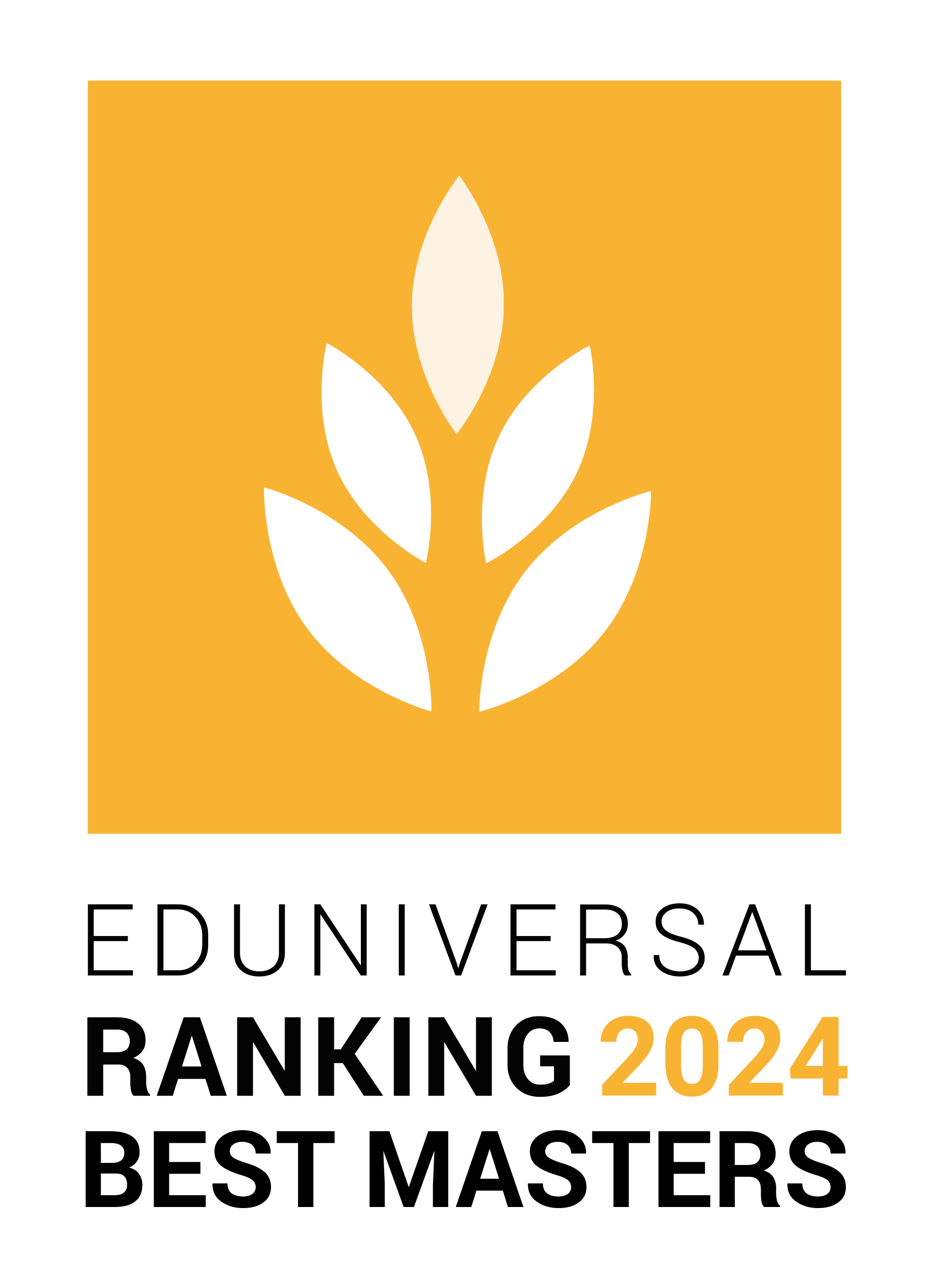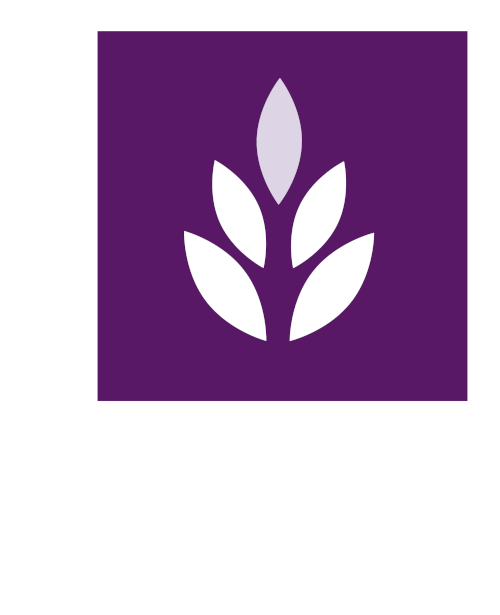- Home
- About
- Business Schools Ranking
- Selected schools
- study abroad
- Awards
- Contact

Study in Chile
Chile Statistics
Geography-Population
- Capital: Santiago
- Area: 756,950 km ²
- Climate: Fairly temperate; desert in the North, Mediterranean in the central region, cool and damp in the South
- Population: 16,601,707 (est. July 2009)
- Languages: Spanish (official), Mapudumgun, German, English
Government-Economy
Government-Economy
Type of Government: RepublicIndependence: September 18, 1810 GDP: $245.3 billion (est. 2008)GDP – per capita (PPP): $14,900 (est. 2008)
Information for Foreign Students in Chile
Airfare
Santiago is a relatively expensive destination, thus it is best to buy tickets as early as possible (6 months if possible). Generally, the Spanish company Iberia offers the most favorable prices, but it is good to compare since other companies such as Tam, Air France and Lan Chile often offer competitive prices as well depending on when you book your flight. In general, flights should be between 700-1200 €; do not be surprised if you have multiple layovers.
Obtaining a VisaThere are two visa options depending on your situation. You can either go through the application procedure and obtain a student visa for one year (which is more complicated but in the long run more practical for a long stay) or simply go on a tourist visa staying less than 3 months. However, with the latter option you must leave the country every 3 months in order to renew the visa. For all requirements, check with your home country Chilean consulate for details. Once settled, you should register at the International Police Station, which is rue General Borgoño 1052, Metro Cal y Canto in Santiago. You need to bring with you your passport, an ID card and pay 800 pesos. Within thirty days after your arrival, you must also request a "cédula de identidad" near Moneda. This "cédula de identidad", which contains your RUT number or ID card number, is essential: it allows you to travel in Chile and to pay by credit card.
Housing
It is very easy to find an accommodation in Santiago for a reasonable price. It is worth staying a few days in someone's home or in a youth hostel, to visit the city and choose your neighborhood. To find an accommodation, the best solution is to go to a college campus and look for ads, but you can also find classified ads in the Rastro newspaper (for rentals and sales) or Mercurio (daily newspapers) which can be found in any "Kiosco". The rent for a decent apartment in collocation ranges from 80 000 to 140 000 pesos per month, all charges included. Chilean landlords are quite complacent in general and it is easy to find agreements with them for the laundry or the holidays.
Cost of LivingThe standard of living is very high, especially compared to neighboring countries such as Argentina, Peru and Bolivia. A budget of 500 € is still sufficient. While food and housing fees are rather cheap, transportation is very expensive. You can withdraw money with your credit card at all ATMs.
Telephone
As for the telecommunications, there won't be major issues. Once in Chili, get yourself a mobile phone. As it will be difficult to obtain a subscription, you will have to buy expensive prepaid cards, available in all news kiosks. Feel free to equip your apartment with a fixed phone on a local subscription, which will allow you to call all fixed phones in Santiago for low prices. For international phone calls, you will have to buy phone cards in a kiosk, it will cost you about 2000 pesos (3 €) for a twenty minute call from a fixed phone. There are many call centers as well, but those are slightly more expensive. The most economical and easy solution is to have an Internet connection.
Health RequirementsFor health care, there are many pharmacies which can help you for self-medication; they sell most medicines without a prescription. For more serious concerns, the best solution is to consult doctors of your nationality; it is certainly more expensive but in this case, it is very convenient to explain your concerns in your native tongue, especially if it is quite serious.
Transportation
Transportation is very expensive. This is simply because foreign students have no discount. The subway lines spread their net over the capital and this system works very well. The best option is to buy a magnetic card at 1000 pesos which can be recharged at ticket offices. The rates increase at peak times, and unfortunately, the subway closes at 22:45pm-23:00pm. The micros (yellow buses), although relatively slow, are another option. The government has launched a new urban transportation system (Transantiago) which has slowly begun to be implemented in 2006. The channels of communication outside the city are excellent, and buses are more comfortable here than in other neighboring countries.
Official Selection of the Best Business Schools in Chile
|
5 Palmes Of Excellence UNIVERSAL Business School |
Rank Position in
Palmes’ League |
Deans’ Recommendation
rate 2024 |
|---|---|---|
|
Pontificia Universidad Católica de Chile Escuela de Administración |
1 | 400 ‰ |
|
4 Palmes Of Excellence TOP Business School |
Rank Position in
Palmes’ League |
Deans’ Recommendation
rate 2024 |
|---|---|---|
| 1 | 326 ‰ | |
| 2 | 221 ‰ |
|
3 Palmes Of Excellence EXCELLENT Business School |
Rank Position in
Palmes’ League |
Deans’ Recommendation
rate 2024 |
|---|---|---|
| 1 | 295 ‰ | |
|
Pontificia Universidad Católica de Valparaiso - Facultad de Ciencias Economicas y Administrativas |
2 | 179 ‰ |
|
Universidad de Santiago de Chile - Facultad de Administración y Economía |
3 | 158 ‰ |
|
Universidad Alberto Hurtado - Facultad de Economía y Negocios |
4 | 84 ‰ |

Official Selection of the Best Business Schools in Chile
Learn the ranking results of the best masters in Chile here:
